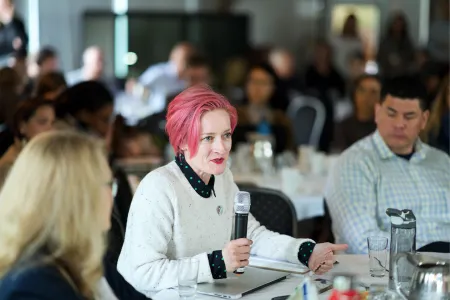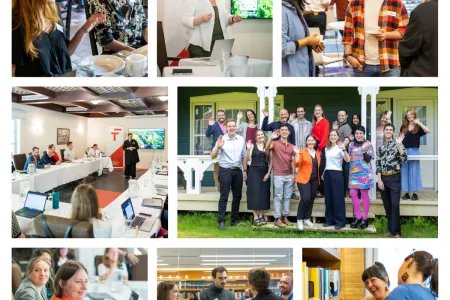
A look back at an inspiring week with the 2025 Scholars!
De la recherche à l'impact: Alexandre Petitclerc (2022 Scholar)
Ever since the days of ancient Greece, human beings have been asking big questions about their times. Although the world has changed radically, these questions have not changed. Today's philosophical debates continue to fuel discussions, both inside and outside the classroom. How can we guarantee access to education for all? What role should the state play in ensuring that everyone has a roof over their heads?
In this episode of “From Research to Impact”, Josiane Blanc talks to Alexandre Petitclerc, 2022 Pierre Elliott Trudeau Foundation Scholar, doctoral candidate and lecturer in philosophy at the Université de Montréal. Together, they explore how philosophy can offer essential new perspectives on contemporary issues in an increasingly polarized world.
Over the course of their exchanges, we discover the role that philosophical thought can play in the search for solutions to a worsening housing crisis, as well as in the quest for social justice for all. Alexandre also points out how art opens up a way of looking at philosophy through a more human prism, deeply imbued with empathy.
Listen now (in French only)!
Also available on Amazon Music & Apple Podcasts.
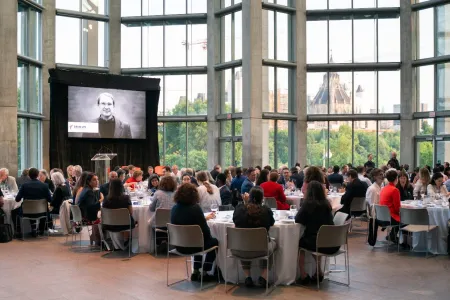
Public Interaction Program (PIP)
From Research to Impact: Prativa Baral (2021 Scholar)
Every global crisis leaves behind two legacies. One is the visible, measurable toll it takes—lost lives, fractured systems, economic decline. The other is trickier to perceive: how well-prepared we were, and how effectively we communicated amidst chaos. During the COVID-19 pandemic, we saw firsthand that having accurate data and responsive policies wasn’t enough. What failed too often wasn’t just our infrastructure, but our ability to communicate well, build trust, and work across disciplines. These deficiencies were costly.
Ann-Elisabeth Samson sits down with Dr. Prativa Baral, a 2021 Alumni Scholar of the Pierre Elliott Trudeau Foundation and Assistant Professor at McGill University. Dr. Baral's research intersects global health, crisis leadership, and the role of effective science communication. With experience advising the WHO, World Bank, and UN, and as co-founder of Let Science Connect, she unpacks what happens when misinformation flourishes and public trust falters, shedding light on why science communication is as critical as the data itself.
Listen now!
Also available on Amazon Music & Apple Podcasts.
De la recherche à l'impact: Antoine Pellerin (2016 Scholar)
In our societies, public decisions are often justified in the name of “public interest.” But who really defines what this means? And how can we ensure that citizens are truly taken into account in the major projects that shape our cities, schools and institutions?
In this episode of “De la recherche à l'impact,” host Josiane Blanc talks to Antoine Pellerin, 2016 Pierre Elliott Trudeau Foundation Scholar and Associate Professor at Université Laval's Faculty of Law. Together, they explore the many dimensions of administrative and municipal law, and ask a fundamental question: how can we rethink public interest so that it better reflects the realities and needs of communities?
As the conversation unfolds, Antoine offers a contextual reading of this notion, rooted in citizen participation. He shares concrete examples of decisions handed down by the Superior Court, and revisits the emblematic case of the City of Blainville, illustrating the persistent tensions between municipalities - sometimes referred to as “governments of proximity” - and provincial power.
Listen now (in French only)!
Also available on Amazon Music & Apple Podcasts.
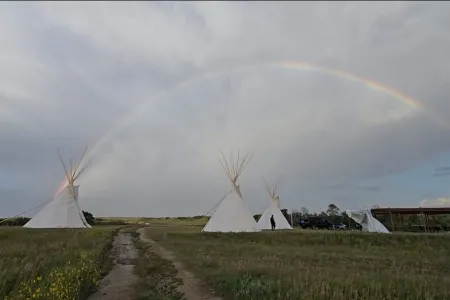
Indigenous Culture Camp on Whitecap Dakota Lands: Learning, Resilience, and Reconciliation
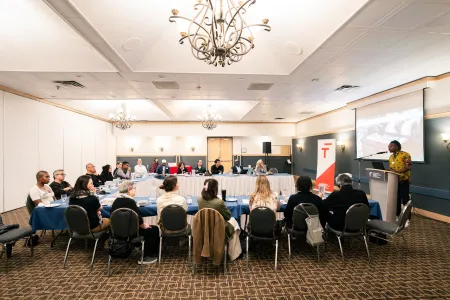
The 2026 Doctoral Scholarship Competiton is officially launched!
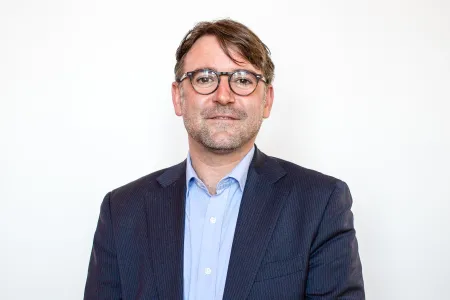
Bernard Duhaime: The Inter-American Human Rights System
Bernard Duhaime is a professor of international law at the Université du Québec à Montréal (UQAM) and a specialist in the Inter-American System for the Protection of Human Rights.
In addition, the recently released book Doctrine, Practice, and Advocacy in the Inter-American Human Rights System, co-authored by Professor Duhaime, is the first casebook to focus on the Inter-American human rights system, the primary system for advancing and protecting rights in the Western hemisphere.
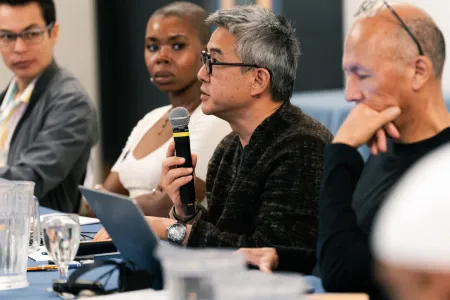
The call for nominations for the 2026 Mentorship Program is officially open!
